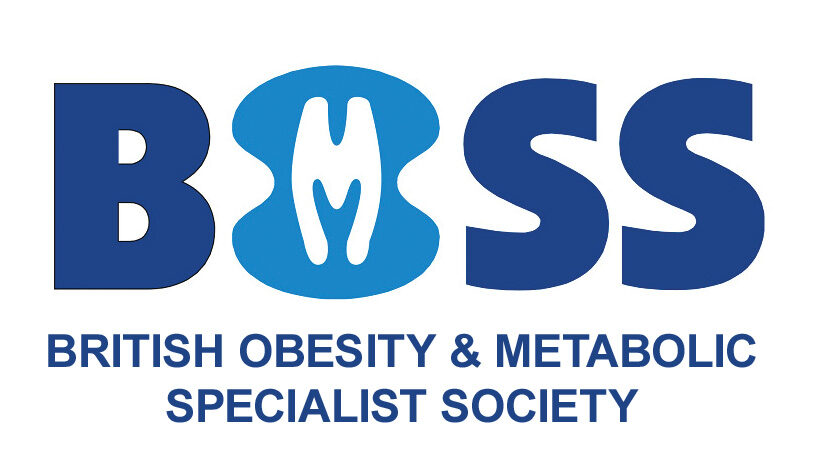The NICE Clinical Guidance (CG189) published in 2014 and the NICE Quality Standards (QS127) published in 2016 set out who is eligible to receive Tier 4 services.
TIER 4 SERVICES
Bariatric surgery is recommended as a treatment option for people with obesity if all of the following criteria are fulfilled:
- They have a BMI of 40 kg/m2 or more, or between 35 and 40 kg/m2 and other significant disease (for example, type 2 diabetes or high blood pressure) that could be improved if they lost weight.
- All appropriate non-surgical measures have been tried but the person has not achieved or maintained adequate, clinically beneficial weight loss.
- The person has been receiving or will receive intensive management in a tier 3 service.
- The person is generally fit for anaesthesia and surgery
- The person commits to long-term follow-up
People with Type 2 Diabetes
- Offer an expedited assessment for bariatric surgery to people with a BMI of 35 kg/m2or over who have recent-onset type 2 diabetes (less than 10 years duration) as long as they are also receiving or will receive assessment in a tier 3 service (or equivalent).
- Consider an assessment for bariatric surgery for people with a BMI of 30–34.9 kg/m2who have recent-onset type 2 diabetes (less than 10 years duration) as long as they are also receiving or will receive assessment in a tier 3 service (or equivalent).
- For Asian patients reduce BMI values by 2.5 kg/m2.
In practice what these guidelines mean is that a person with type 2 diabetes who fulfils the criteria above can be referred to a surgical centre (Tier 4) without going through a Tier 3 service as long as the Tier 4 team are able to offer a multi-disciplinary lifestyle programme to the person before they have surgery.
People with a BMI of 50 kg/m2 or more
Offer an assessment for bariatric surgery to people with a BMI of 50 kg/m2 or more as long as they are also receiving or will receive assessment in a Tier 3 service.
